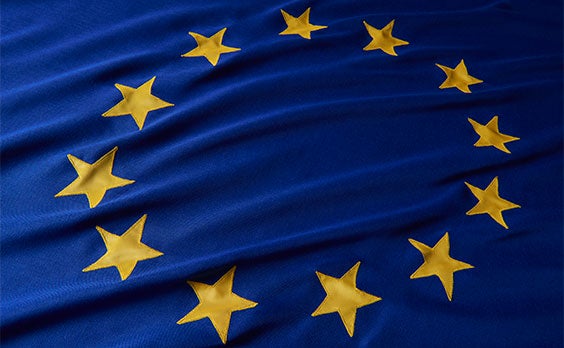Brexit: Cartoonists around the world react to EU referendum result
'Who will we blame for all our problems now?', one asks

Your support helps us to tell the story
From reproductive rights to climate change to Big Tech, The Independent is on the ground when the story is developing. Whether it's investigating the financials of Elon Musk's pro-Trump PAC or producing our latest documentary, 'The A Word', which shines a light on the American women fighting for reproductive rights, we know how important it is to parse out the facts from the messaging.
At such a critical moment in US history, we need reporters on the ground. Your donation allows us to keep sending journalists to speak to both sides of the story.
The Independent is trusted by Americans across the entire political spectrum. And unlike many other quality news outlets, we choose not to lock Americans out of our reporting and analysis with paywalls. We believe quality journalism should be available to everyone, paid for by those who can afford it.
Your support makes all the difference.Cartoonists around the world have put pen to paper to express their reactions to Britain's vote to leave the European Union.
In a result which has shocked financial markets and pollsters, the 52 per cent of the public who voted for Brexit has been largely depicted as having opted for a rupture in European unity.
One of the 12 stars of the EU flag is shown dropping out, never to be replaced, in one of the more poignant drawings.
The 12 stars of the European Union flag stand for its principles of solidarity, harmony and peace, while the circle symbolises unity.
The European project, which began in the 1950s, is shown crucified against the backdrop of the Union Jack in another.
In the run-up to the referendum vote in Britain, most of the rest of Europe collectively pleaded with the British public not to end their 43-year relationship with the economic and political bloc.
European newspapers also made final appeals to the British public, with Der Spiegel in Germany in particular speaking of its "admiration" for, and wish to remain united with, its overseas neighbour.
Cartoons appearing just before the 23 June vote showed Europe desperately trying to prevent the British ship from sailing off.
Yet sail it did, ignoring warnings from the International Monetary Fund, World Bank, United Nations, environment agencies, universities, scientists, NATO, world leaders from East to West and many of the younger generation in Britain.
Commentators have said the decision shows a division in Britain, with most of areas outside of London, Scotland and Northern Ireland voting for what those in the Remain camps said was pure "isolationism".
Some cartoonists have taken a more light-hearted view.
In one drawing, Chancellor Angela Merkel and her finance minister Wolfgang Schäuble peer at Britain as it breaks off, and wipe their brows in relief that the entire mania is over.
In another drawing, Britain plunges into the void.
And without Ms Merkel and the 500 million other EU nationals to be united with, others have questioned who Britain's scapegoat will be now.
As the French president, Charles de Gaulle, said when Britain repeatedly tried to enter the EEC in 1963: its membership was rejected because of a British "deep-seated hostility" to Europe.
Join our commenting forum
Join thought-provoking conversations, follow other Independent readers and see their replies
Comments